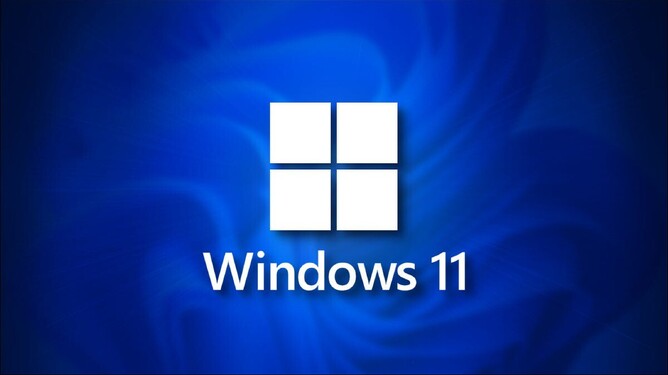January Update
Late last year I advised that Windows 10 Users might want to wait until January to upgrade to Windows 11. Your computer has probably already been suggesting this. Like many big upgrades, Windows 11 has had some teething issues when installed on existing computers, though many people have already upgraded with no problems. My caution was also about our availability over the Christmas period to fix your computer for you in the event that the upgrade causes problems.
The new computers we're selling now generally come with Windows 11 as standard but we can revert to Windows 10 if you really want us to. Windows 11 is a bit different than Windows 10, especially in terms of where functions are located, but it's not hard to figure out how to carry out the basic functions that most people use their computer for. Remember, if you can't see how to do something that you used to access in Windows 10, just try a Google search: Windows 11 how do I...?
Should I Upgrade from Windows 10 to 11?
If your computer is less than four years old and in good working order then you will probably have no issues. Not all computers will be compatible but you can check this out very easily, here's how:
- Click on the Start Menu (bottom left Windows button on the taskbar)
- Click on Settings (cog symbol above Power)
- Select Update and Security/ Windows Update
- You'll see a notification box: Get Ready for Windows 11
- Click on the blue Check Hardware Requirements to the right
What if My Computer is Old?
If your computer is more than four years old or the above check says that your computer is not compatible with Windows 11, it will be fine to continue using Windows 10. Microsoft have already indicated that they plan to end support for Windows 10 in 2025 so you have three more years, during which time your old computer will probably need to replaced anyway. Any new computer you buy now will probably come with Windows 11, or if not, will certainly be capable of the upgrade.
